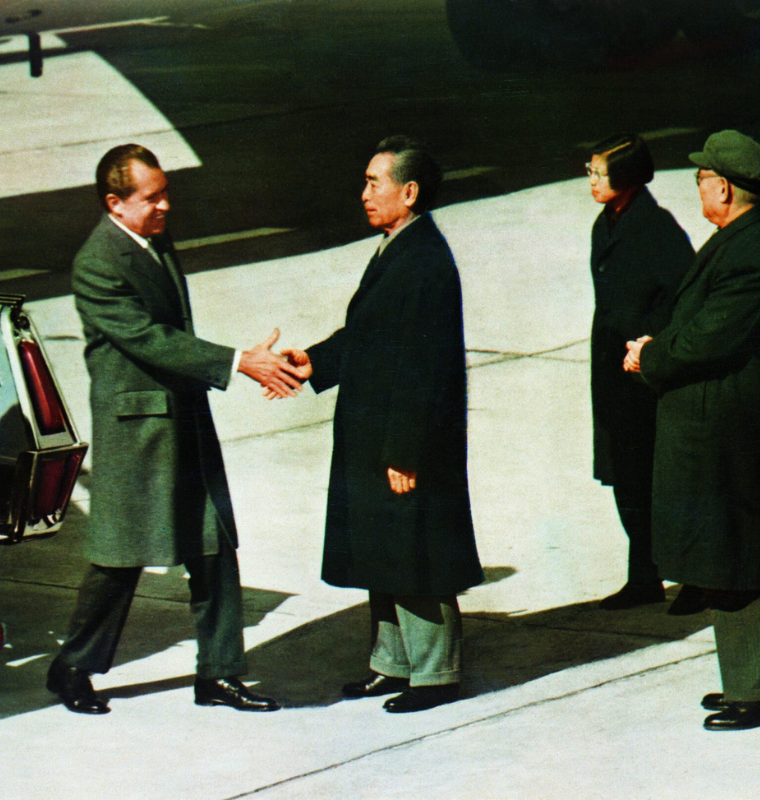Airline Booking Systems Are Finally Entering the Digital Age
Airline Booking Systems Are Finally Entering the Digital Age
By
Calder Monroe
Last updated:
August 25, 2025
First Published:
August 25, 2025

Photo: Systrix IT Solutions
For decades, booking an airline ticket has felt like stepping back in time. While retail giants like Amazon and Spotify perfected seamless shopping experiences, airlines remained stuck with rigid, decades-old reservation systems. That reality is now changing — and fast.
Industry leaders like Flyr, Amadeus, Sabre, and Travelport are spearheading a shift toward “offer and order management” systems, a modern framework that aims to bring airline booking in line with today’s digital-first consumer expectations.
Why the Old System No Longer Works
Anyone who has tried planning a multi-leg family trip knows the frustration. One recent traveler described a summer journey from Singapore to Texas, then onward to New York, and eventually back to Asia. Coordinating seven separate bookings — a tangled mix of one-ways and returns for family members on different flights — took half a day to complete.
This kind of complexity highlights the limitations of traditional passenger service systems (PSS), which were designed decades ago and still follow a linear, one-size-fits-all booking flow. These systems struggle to handle nuanced travel needs — from families booking together with different seat classes to business travelers adding on personal trips.
The Shopping Cart Revolution
Flyr CEO Alex Mans believes the answer lies in something travelers already use daily: the shopping cart.
“In almost every digital retail experience, you have a shopping cart. Airlines are the exception,” Mans explained. “Right now, you can’t easily book multiple flights, add-ons, or different seat classes within the same transaction.”
A shopping cart model would allow:
- Families to book together while choosing different cabins — business for one traveler, premium economy for another.
- Travelers to add extras like baggage, seat upgrades, or lounge access at checkout.
- Groups to book multiple journeys in one seamless flow.
The impact could be enormous. According to IATA (International Air Transport Association), ancillary services like baggage fees and seat selection already generate over $100 billion annually for airlines. A streamlined cart-based system could unlock even greater revenues by making these add-ons easier to purchase.
Beyond Flights: A Full Travel Retail Experience
This shift isn’t just about flights. Modern “offer and order management” systems allow airlines to sell hotels, rental cars, activities, insurance, and even digital services like e-SIMs directly through their websites.
The move positions airlines to compete directly with online travel agencies (OTAs) such as Expedia and Booking.com, which today dominate this lucrative market. By cutting out intermediaries, airlines not only increase profit margins but also gain valuable customer data to personalize offers.
Riyadh Air: The World’s First Digitally Native Airline
A major test of this new model will arrive later this year with the launch of Riyadh Air, Saudi Arabia’s ambitious new national carrier. Partnering with Flyr, Riyadh Air will debut as the first airline in the world to launch without legacy PSS technology.
“Riyadh Air will be the first true digital-native airline,” said Mans. “It’s a direct challenge to the belief that legacy tech is necessary for distribution and connectivity.”
With Saudi Arabia investing heavily in aviation as part of its Vision 2030 diversification strategy, the success of Riyadh Air could serve as a blueprint for other carriers looking to modernize.
The Bigger Industry Picture
The move toward new distribution capability (NDC) and offer/order management is gaining momentum across the industry.
- Amadeus Insights reports that by 2026, nearly 30% of airline sales will be powered by new distribution capabilities, enabling personalized offers and dynamic pricing.
- More than 20% of airlines say becoming a retailer — rather than just a transportation provider — is now a top technology priority.
- Sabre estimates that modernization could add billions in ancillary revenue by giving customers more choice and flexibility at checkout.
What This Means for Travelers
For travelers, the benefits are clear:
- Faster, more flexible bookings.
- The ability to manage changes and refunds directly, without waiting on call centers.
- More personalized travel packages, from flights to hotels and beyond.
For airlines, it’s a chance to boost profitability, build stronger customer relationships, and finally catch up to the digital age.
Airline bookings have long lagged behind the rest of the digital economy. But with major players like Flyr, Amadeus, Sabre, and Travelport leading the charge — and Riyadh Air proving that a fully digital-native airline is possible — the industry is on the cusp of a major transformation.
In just a few years, buying a flight could look less like navigating a clunky legacy system and more like the seamless, personalized experience consumers already expect from the world’s top e-commerce brands.
Popular articles
Subscribe to unlock premium content
The Experience Premium: Why People Spend Thousands on Moments, Not Things

Countries With Weirdly High Happiness Levels That Defy Logic

The Rise of Digital Detox Retreats and Their Unexpected Business Potential

The Experience Premium: Why People Spend Thousands on Moments, Not Things

Countries With Weirdly High Happiness Levels That Defy Logic

The Experience Premium: Why People Spend Thousands on Moments, Not Things









